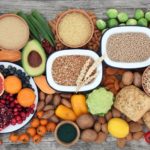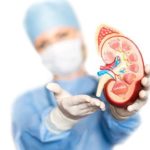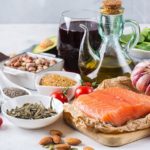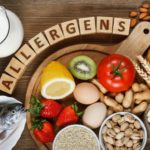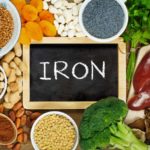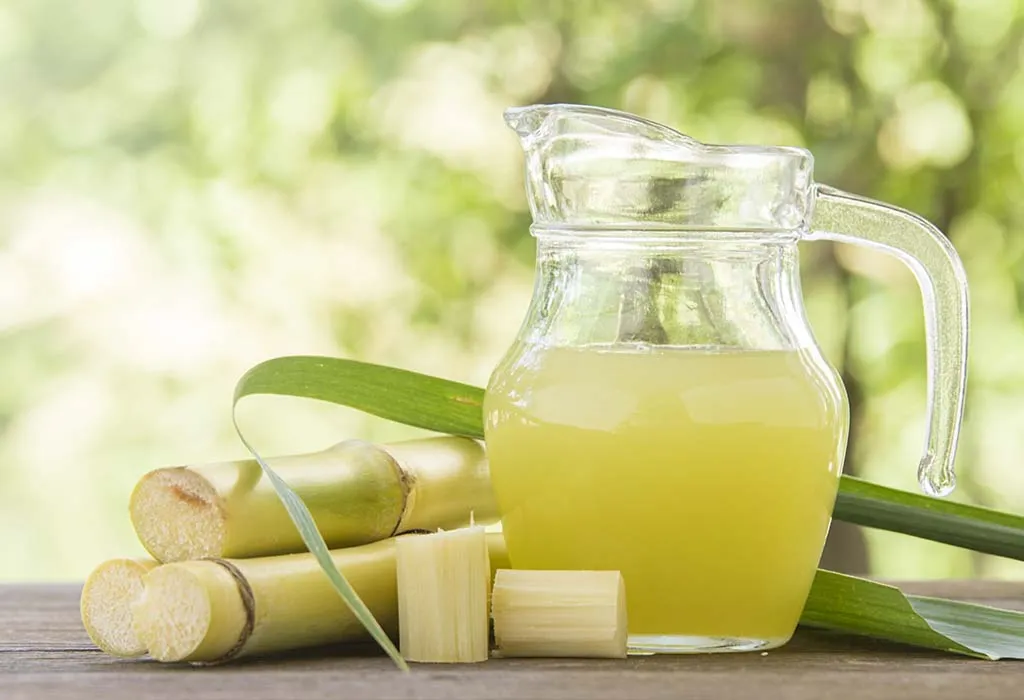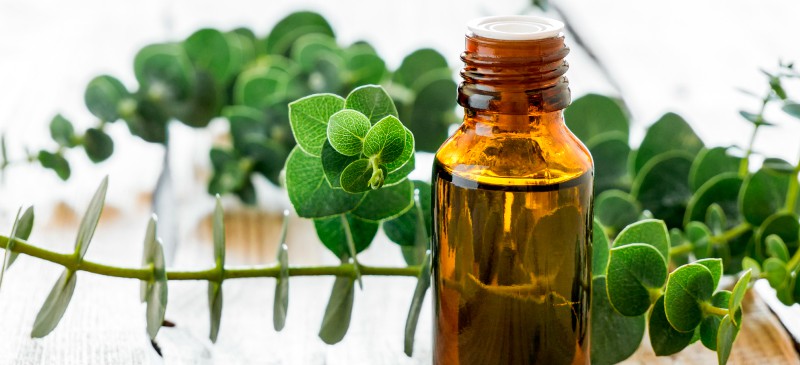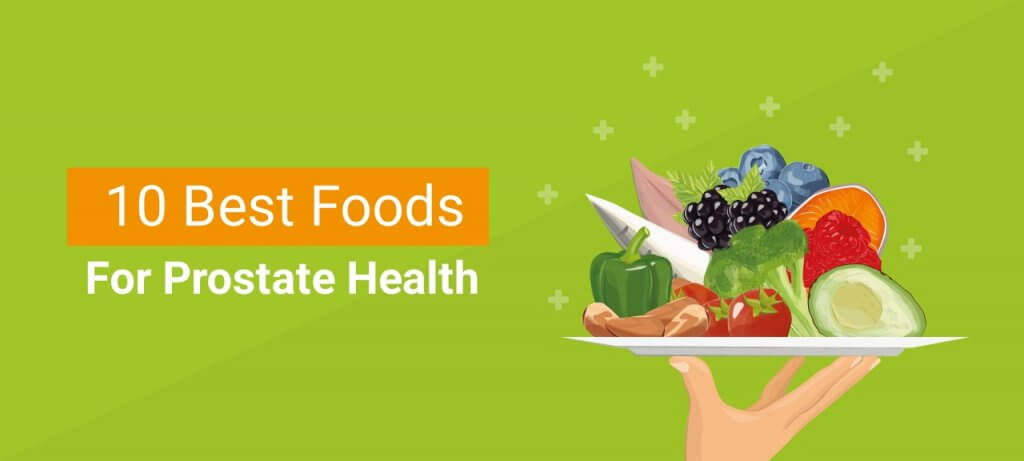List of Foods that Cause Flatulence
It is imperative to know foods that cause flatulence as it will help prevent future crisis. Flatulence, the passing of gas through the rectum and anus, is a common condition that affects many people.
While it’s a natural bodily process, excessive gas can be embarrassing and uncomfortable. Certain foods are known to cause flatulence, and avoiding them may help reduce the amount of gas you produce.
In this article, we’ll discuss foods that cause flatulence and some tips on how to manage it.
Flatulence, or passing gas, is a natural bodily function that occurs when gas builds up in the digestive system.
While some level of flatulence is normal, excessive gas can be uncomfortable and embarrassing. Certain foods are known to trigger flatulence more than others. In this article, we’ll take a look at some of the most common culprits.
Here Are Foods That Cause Flatulence
- Beans and Legumes
Beans and legumes are notorious for causing flatulence. This is because they contain high amounts of complex carbohydrates that the body has a hard time digesting.
When these carbohydrates reach the large intestine, they are fermented by the bacteria in the gut, leading to gas production.

Beans and legumes are high in fiber, which is great for digestion, but they also contain complex sugars called oligosaccharides. These sugars are not easily digestible and can cause flatulence as they pass through the colon.
However, soaking beans and legumes before cooking can help reduce the amount of oligosaccharides.
• Cruciferous Vegetables
Vegetables such as broccoli, cabbage, cauliflower, and Brussels sprouts are also known to cause flatulence. These vegetables contain sulfur compounds that are broken down in the digestive tract, producing gas.
Cruciferous vegetables like broccoli, cauliflower, and Brussels sprouts are healthy and nutritious, but they can also cause flatulence.
These vegetables contain raffinose, another complex sugar that is difficult for the body to digest. Eating these vegetables in moderation or cooking them thoroughly can help reduce flatulence.
• Dairy Products
Dairy products such as milk, cheese, and ice cream contain lactose, a type of sugar that some people have difficulty digesting. When lactose is not fully digested, it can cause gas and bloating.
Dairy products like milk, cheese, and yogurt contain lactose, a sugar that many people have trouble digesting. As part of foods that cause flatulence,when lactose is not properly digested, it ferments in the gut, causing gas and bloating. Choosing lactose-free dairy products or taking lactase supplements can help reduce flatulence.
• High-Fiber Foods
Foods that are high in fiber, such as whole grains, fruits, and vegetables, can also cause flatulence. While fiber is important for digestive health, it can be difficult for the body to break down, leading to excess gas.
Foods that are high in fat, like fried foods and fatty meats, can slow down digestion and cause flatulence. These foods can also cause constipation, which can make flatulence worse. Choosing lean meats and limiting fried foods can help reduce flatulence.
• Carbonated Drinks
Carbonated drinks such as soda and beer can also contribute to flatulence. The bubbles in these drinks can get trapped in the digestive tract, leading to gas production.
Carbonated drinks like soda and sparkling water contain carbon dioxide, a gas that can build up in the gut and cause flatulence.
Drinking these beverages too quickly can also cause you to swallow air, which can lead to even more gas. Choosing still water or unsweetened tea can help reduce flatulence.
• Artificial Sweeteners
Artificial sweeteners such as sorbitol, xylitol, and mannitol are commonly used in sugar-free gum, candy, and other products. While these sweeteners contain fewer calories than sugar, they can also cause flatulence.
On foods that cause flatulence, artificial sweeteners like sorbitol and xylitol are commonly found in sugar-free gum and candy. While they are low in calories, they can also cause flatulence. These sweeteners are not easily digested and can ferment in the gut, leading to gas and bloating. Avoiding products with artificial sweeteners can help reduce flatulence.
• Fatty Foods
Foods that are high in fat, such as fried foods and fatty meats, can slow down digestion and lead to gas production. In addition, some people may have difficulty digesting certain types of fats, leading to flatulence.
If you are prone to flatulence, it may be helpful to avoid or limit the consumption of the above-mentioned foods.
However, it is important to remember that these foods are all part of a healthy, balanced diet, and should not be eliminated completely without consulting a healthcare professional. Additionally, it may be helpful to eat smaller, more frequent meals, and to chew food thoroughly to aid in digestion.
• Whole Grains
Whole grains like wheat, barley, and oats are high in fiber, which is good for digestion, but they can also cause flatulence.
The fiber in whole grains is not easily digested and can ferment in the gut, leading to gas and bloating. Choosing refined grains or limiting the amount of whole grains in your diet can help reduce flatulence.
Tips to Manage Flatulence
• Eat slowly and chew your food thoroughly to help with digestion.
• Drink plenty of water throughout the day to help flush out excess gas.
• Avoid chewing gum and smoking, as both can cause you to swallow air.
• Exercise regularly to help improve digestion and reduce constipation.
• Avoid tight clothing that can put pressure on your abdomen.
• Keep a food diary to help identify which foods are causing your flatulence.
• Consider taking probiotics, which can help improve digestion and reduce flatulence.
In conclusion on foods that cause flatulence, flatulence is a common condition that can be caused by certain foods.
Avoiding foods that cause flatulence and incorporating healthy habits into your daily routine can help manage this condition.
If you are experiencing excessive flatulence or discomfort, consult your healthcare provider for further evaluation and treatment.
Foods to Avoid for Heart Attack
Rheumatoid Arthritis Foods to Eat

A graduate of Computer Science and Information Management Technology. Diploma – Caregiving, Certificates – Dementia and Diabetes Awareness and Management. A researcher, blogger, songwriter, singer and acoustic guitarist. Born in an environment where natural talents such as healing are imparted at our natural birth. This natural talents of healing is the result of our genetic inheritance and the training from family environment.








